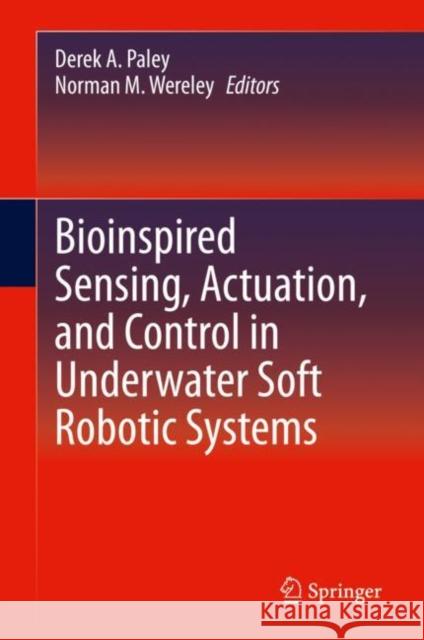Bioinspired Sensing, Actuation, and Control in Underwater Soft Robotic Systems » książka
topmenu
Bioinspired Sensing, Actuation, and Control in Underwater Soft Robotic Systems
ISBN-13: 9783030504755 / Angielski / Twarda / 2020 / 301 str.
Bioinspired Sensing, Actuation, and Control in Underwater Soft Robotic Systems
ISBN-13: 9783030504755 / Angielski / Twarda / 2020 / 301 str.
cena 805,10
(netto: 766,76 VAT: 5%)
Najniższa cena z 30 dni: 771,08
(netto: 766,76 VAT: 5%)
Najniższa cena z 30 dni: 771,08
Termin realizacji zamówienia:
ok. 16-18 dni roboczych.
ok. 16-18 dni roboczych.
Darmowa dostawa!
Kategorie:
Kategorie BISAC:
Wydawca:
Springer
Język:
Angielski
ISBN-13:
9783030504755
Rok wydania:
2020
Wydanie:
2021
Ilość stron:
301
Waga:
0.54 kg
Wymiary:
23.9 x 16.33 x 1.73
Oprawa:
Twarda
Wolumenów:
01











